Related Research Articles

The National Secular Society (NSS) is a British campaigning organisation that promotes secularism and the separation of church and state. It holds that no one should gain advantage or disadvantage because of their religion or lack of it. It was founded by Charles Bradlaugh in 1866.

Barbara Smoker was a British humanist activist and freethought advocate. She was also President of the National Secular Society (1972–1996), Chair of the British Voluntary Euthanasia Society (1981–1985) and an Honorary Vice President of the Gay and Lesbian Humanist Association in the United Kingdom.
Jim Herrick was a British humanist and secularist. He studied history and English literature at Trinity College, Cambridge University, and then worked as a school teacher for seven years. He wrote or edited several books on humanism and the history of freethought.
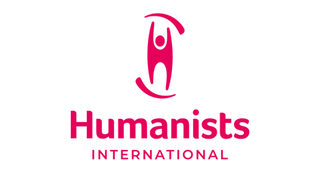
Humanists International is an international non-governmental organisation championing secularism and human rights, motivated by secular humanist values. Founded in Amsterdam in 1952, it is an umbrella organisation made up of more than 160 secular humanist, atheist, rationalist, agnostic, skeptic, freethought and Ethical Culture organisations from over 80 countries.

The Secular Coalition for America is an advocacy group located in Washington D.C. It describes itself as "protecting the equal rights of nonreligious Americans."
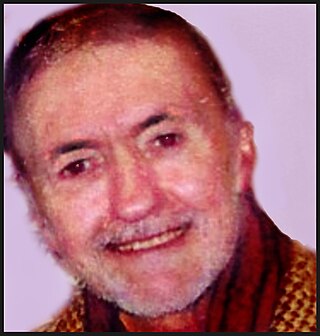
David Harold Tribe was an Australian secularist, humanist, and author of numerous books, articles and pamphlets. He was born in Sydney, Australia, grew up in Brisbane, and lived in the United Kingdom from the 1950s into the 1970s.
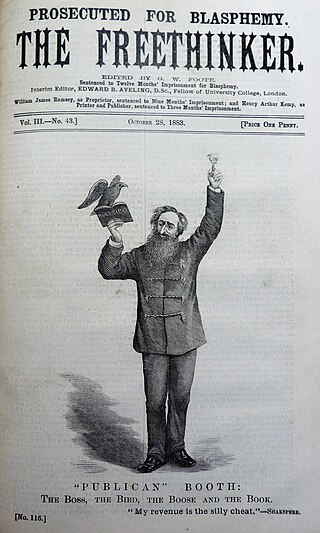
The Freethinker is a British secular humanist publication, founded by G. W. Foote in 1881. One of the world's oldest surviving freethought publications, it moved online-only in 2014.
William J. "Bill" McIlroy was a British secularist and atheist activist, writer and editor.

The European Humanist Federation, officially abbreviated as EHF-FHE, was an umbrella of more than 60 humanist and secularist organisations from 25 European countries.
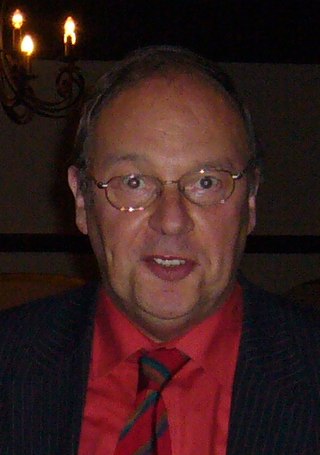
Keith Porteous Wood is the president of the National Secular Society in the United Kingdom. From 1996 until November 2017 he held the paid position of general secretary which was later re-titled executive director.
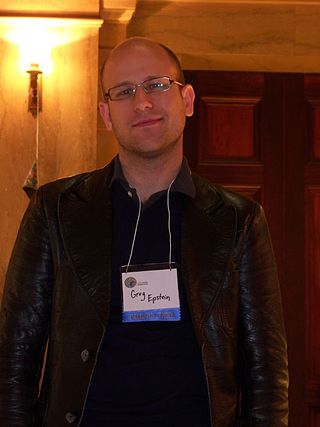
Greg M. Epstein is an American Humanist chaplain at Harvard University and the Massachusetts Institute of Technology who is the president of the Harvard Chaplains Organization. He is an ordained Humanist rabbi, and has been influential in American humanism as a blogger, spokesperson, adviser and author of the New York Times bestsellerGood Without God: What a Billion Nonreligious People Do Believe. Epstein was an expert on the first three seasons of the reality show "Married at First Sight."

Humanist Students is the national umbrella organisation for free-thinking, atheist, humanist and secular student societies in the United Kingdom. Its aim is to provide a national voice for non-religious student societies in the UK and help coordinate national activities.
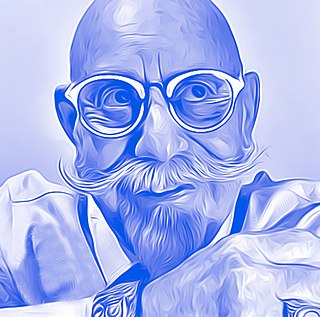
Barry Duke is a journalist, atheist, gay rights activist, former editor of The Freethinker and current editor of The Pink Humanist and The Angry Atheist.
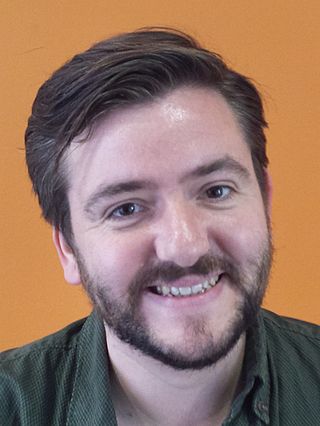
Andrew James William Copson is a humanist leader and writer. He is the Chief Executive of Humanists UK and the President of Humanists International. He has worked for a number of civil and human rights organisations throughout his career in his capacity as executive committee member, director or trustee and has represented Humanist organisations before the House of Commons, the Organization for Security and Co-operation in Europe and the United Nations. As a prominent spokesperson for the Humanist movement in the United Kingdom he is a frequent contributor to newspaper articles, news items, television and radio programmes and regularly speaks to Humanist and secular groups throughout Britain. Copson has contributed to several books on secularism and humanism and is the author of Secularism: Politics, Religion, and Freedom.

In Belgium, organized secularism is the local associations and organizations which provide moral support for naturalist, atheist, agnostic, secular humanist, freethinking, Bright, or irreligious and non-confessional citizens. A person who subscribes to such entities or ideologies, or at least espouses an interest in "free inquiry" apart from religious traditions is described as a "secular" or "free-thinker".
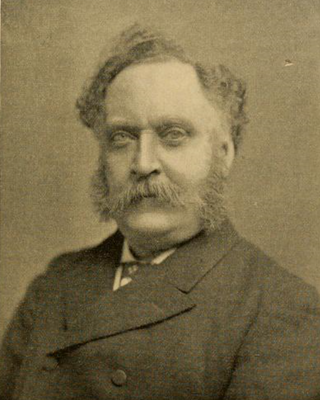
Charles Watts was an English writer, lecturer and publisher, who was prominent in the secularist and freethought movements in both Britain and Canada.

Jason Torpy is president of the Military Association of Atheists and Freethinkers (MAAF), an advocacy group focused on non-religious service members and veterans. He is a veteran of the U.S. Army and a Humanist Celebrant who works to increase the visibility of "atheists in foxholes".
The secular movement refers to a social and political trend in the United States, beginning in the early years of the 20th century, with the founding of the American Association for the Advancement of Atheism in 1925 and the American Humanist Association in 1941, in which atheists, agnostics, secular humanists, freethinkers, and other nonreligious and nontheistic Americans have grown in both numbers and visibility. There has been a sharp increase in the number of Americans who identify as religiously unaffiliated, from under 10 percent in the 1990s to 20 percent in 2013. The trend is especially pronounced among young people, with about one in three Americans younger than 30 identifying as religiously unaffiliated, a figure that has nearly tripled since the 1990s.
References
- ↑ Archived October 17, 2012, at the Wayback Machine
- ↑ "UK | Church attacks council's atheist chaplain". BBC News. 1998-07-30. Retrieved 2015-09-18.
- ↑ "Defence Humanists | Rumours of no atheists in foxholes are greatly exaggerated". Armedforceshumanists.org.uk. Retrieved 2015-09-18.
- ↑ "NSS Annual Report 2006" (PDF). Secularism.org.uk. Retrieved 2015-09-18.
- ↑ "NSS Annual Report 2009" (PDF). Secularism.org.uk. Archived from the original (PDF) on 2009-11-22. Retrieved 2015-09-18.
- ↑ "Manifesto of the Third Camp agai". Thirdcamp.com. Archived from the original on 2016-03-03. Retrieved 2015-09-18.
- ↑ "gktgazette.com". gktgazette.com. Retrieved 2015-09-18.
- ↑ "Nursing Standard Homepage". Nursingstandard.rcnpublishing.co.uk. Retrieved 2015-09-18.